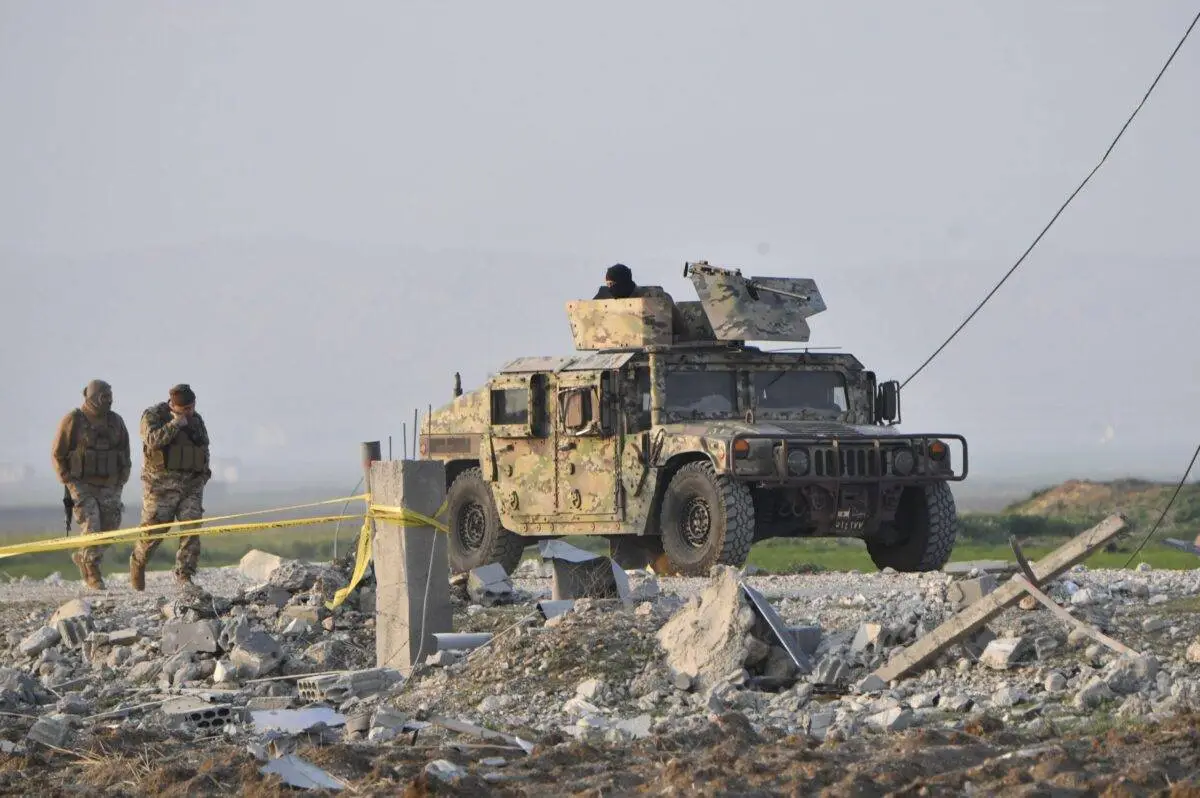Six months into Lebanon’s war with Israel, the damage caused by the Israeli aggression has affected all life in the south, in addition to considerable property and infrastructural destruction.
As of late March, the Ministry of Health estimates the number of deaths at 331 and that of injuries at 1,278, including 270 current inpatients. The number of those displaced by the conflict continues soaring, reaching 91,405 displaced individuals according to the International Organization for Migration.
Economic and Property Damages in the South
Since the escalation in aggressions, people in the south – including Lebanese, Syrians and other migrant groups – have suffered considerably. Among the many losses plaguing citizens of the south are the loss of livelihood opportunities, such as the destruction of this year’s olive crops in late 2023, and the loss of property, including familial homes that were hit by Israeli airstrikes.
Another consequence of the current war is how mobility has been considerably limited as entire areas have become uninhabitable, forcing many southern residents to become internally displaced within Lebanon.
Mohammad Chamseddine, researcher at Information International, revealed that the Lebanese economy has lost approximately 1.35 billion dollars as a result of Israeli attacks since October 8. This amounts to estimated daily economic losses of six million dollars. Chamseddine also adds that an estimated 5,700 homes were damaged, while 1,500 were destroyed.
Targeting All Forms of Life and Greenery Losses
Agriculture and greenery were greatly damaged as well, with 10 million square meters of forests and olive fields burned.
Moreover, Israeli aggression has targeted all forms of life, with around 340,000 birds and 970 heads of cattle perishing.
In terms of the value of agricultural losses, Minister of Agriculture, Abbas Al Hajj Hassan, revealed that preliminary estimates exceed 2.5 billion dollars by the end of March. This includes animal and plant-based production, exports, and the partial or complete destruction of agricultural facilities, fields and farms.
Al Hajj Hassan adds that losses aren’t calculated on the short term only, as 60 thousand olive trees were burned, per example, and an olive tree takes at least three years from its plantation time to become fruitful. Most importantly, the Israeli aggression has directly impacted food security in Lebanon, a country that’s already suffering from acute food insecurity.
One of the main ecoterrorism tactics used by Israeli forces to intensify hunger and food security issues, is the use of the internationally prohibited white phosphorus, which spoils soil, pollutes water and burns livestock.
The Ministry of Agriculture reports that the use of white phosphorus caused 683 fires covering areas over 2,100 donoms (or 2,100,000 square meters), while the space of damaged forest and agricultural land reached 6,000 donoms (or 6,000,000 square meters) in what are measurements that aren’t completely precise.
The Ministry of Agriculture also reported that 91 agricultural tents were damaged, while eight farms were targeted.
In short, Lebanon will be feeling the consequence of this war for years to come.
Debates of Compensation Intensify
Since the early days of Lebanon’s involvement in the conflict, debates around compensation for victims of the aggression in the South have intensified.
Initially, the Lebanese Forces political party (LF) refused suggestions that the Lebanese government should compensate for those affected, suggesting that Hezbollah should be responsible for compensating as the Lebanese Forces consider Hezbollah responsible for involving Lebanon in the conflict.
More recently, Prime Minister Najib Mikati cleared up rumors that the government is offering 46 million dollars in compensation. He explained that the government has limited resources and doesn’t have the ability to assess costs.
Mikati did refer to the government’s emergency committee, however, and its tasks of following up on the situation in the south and the provision of assistance to those displaced.
The Minister of Agriculture, on his part, asserted the need for compensating for those impacted, be it through the Lebanese government or through donor and supporting bodies.


